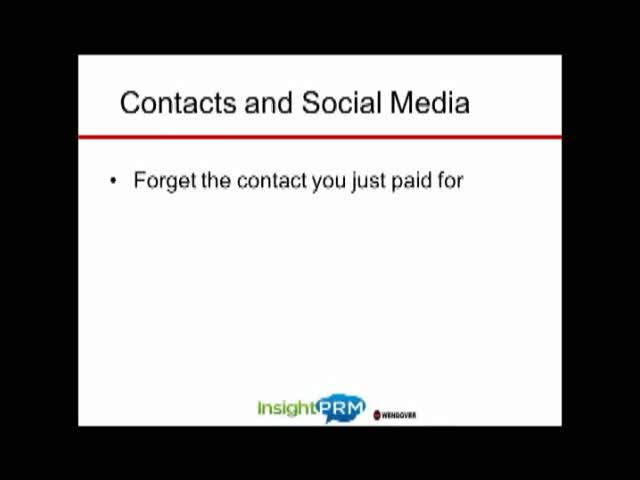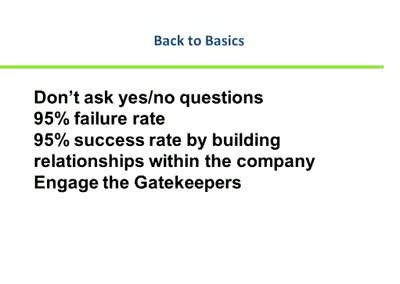Tips for Women in Sales (“Seducing the Boys’ Club” isn’t one of them)
By Shannon F.
No doubt, you’ve heard about this bad decision currently in the news: Merrill Lynch passed out copies of Nina DiSesa’s dubious career advice book “Seducing the Boys’ Club” to female executives, resulting in a sex-discrimination lawsuit. (How could presumably successful and competent people have thought this “gift” was a good idea?) One of the women in the Merrill Lynch case was also called out for not being “perky” enough. But she was a business professional, not employed in the hospitality or entertainment industry!
Female salespeople deal with discrimination all the time—even if it’s not intentional. If she is more successful than her male peers, a female salesperson may face comments along the lines of, “Your prospects are more receptive to you because you’re a woman.” If she is struggling, she may be told, directly or indirectly, to play up her feminine charms when dealing with male prospects and customers—in other words, to seduce the boys. Women have made enormous strides but still remain outnumbered 3 to 1 in B2B sales—particularly in male-dominated industries like technology. The good news is that sales can be a great equalizer—you are judged not on subjective criteria, but on how well you’ve met or exceeded your sales goal. Here are our suggestions for dealing with the gender gap without resorting to Nina DiSesa’s tips.
1. Treat everyone the same: professionally. That means being open, courteous, and straightforward. Everyone respects those characteristics, and they aren’t gender-specific. Professionals like dealing with other professionals. If they are making a big purchase, they want to know that you are knowledgeable and competent and can offer the product or service that they need. You should not have to alter your selling personality based on the gender of the prospect you are speaking to.
2. Develop a thick skin. It doesn’t matter whether you are male or female: prospects and associates will from time to time make assumptions, subscribe to tired stereotypes, and say things that irritate or even enrage you. It’s part of sales and any other job that involves interacting with individuals who have diverse personalities and backgrounds, and unless it’s wildly inappropriate, you should react with a witty comment or firm but civil counterstatement. Don’t invite arguments or get angry, as reacting badly likely won’t help your case.
3. Don’t use insincere flirtation, flattery, or coercion. A victory won through means that are less than straightforward isn’t really a victory. In a particularly icky example, Nina DiSesa recalls that her husband balked at helping her with housework even though both spouses worked full-time jobs. So she bought a vacuum cleaner that she claimed was too heavy for her to lift, and she convinced him to “rescue” her by taking over vacuuming duties. This sounds like a non-victory, since DiSesa still had to do everything else, and her solution skirted the main issue: a lack of teamwork and cooperation. It’s generally more effective to have an honest but tactful conversation, whether you’re pitching to a prospect or getting a coworker to chip in.
4. Be an active, interested listener, and be generous with sincere praise for both male and female colleagues, prospects, and clients. Prospects buy from friends, not strangers, and members of both sexes like to feel noticed, heard, and appreciated.
5. Don’t insult your associates’ intelligence by believing that you can manipulate them. DiSesa writes of males in the workplace, “We have to seduce them without sex and manipulate them without malice.” This statement is unflattering to men and also makes it sound as if female businesspeople are scheming puppeteers instead of capable professionals navigating the workplace terrain.
6. Be yourself. Or a more confident, less apologetic version of yourself. Take credit for your accomplishments, and never be self-deprecating. DiSesa got one thing right when she urged women to stop “deflecting glory.”










